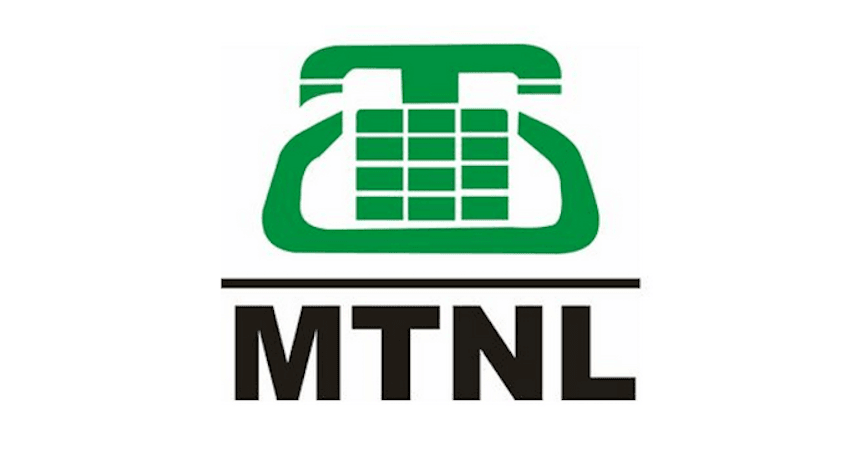“The proceeds of monetisation should among other things be utilised for funding the VRS and servicing the debt of the two PSUs”, it further said. BSNL and MTNL have debts of Rs 15,000 crore and Rs 20,000 crore, respectively. DoT was suggested to closely monitor the performance parametres of both BSNL and MTNL. It was felt that the efficiency parametres have neither been effectively evolved or are nor being monitored. Serious efforts on revamping the PSUs were lacking, the note said. It recommended that the administrative allocation of 4G spectrum at discovered price be considered by DoT to facilitate these two companies to effectively compete in the market and offer them a level playing field vis-a-vis private sector competitors. This will be funded through equity infusion in BSNL and MTNL, equivalent to the cost of the spectrum, it said. The government has also decided that BSNL and MTNL should go ahead with the VRS option. The contours of the VRS are to be attractively designed for the employees and the funding of VRS is to be done through bonds raised by BSNL and MTNL for which sovereign guarantee with waiver-off guarantee fee will be given by the DoT. Both PSUs are currently struggling in a hugely competitive market and DoT and PMO have been in discussion to ensure their survival through financial support, including for salary and working capitals requirements. BSNL has a subscriber base of 115 million and had been in losses for the last 13 years with its last announced financial statement of 2017-18 showing an Rs 7,992-crore loss, while the audited loss is expected to be higher in 2018-19. MTNL’s net worth has also eroded, as per its auditors. Currently, both BSNL and MTNL lack 4G services and have 1.76 lakh and 23,000 workforces, respectively. The revenues go mainly towards paying salaries.
